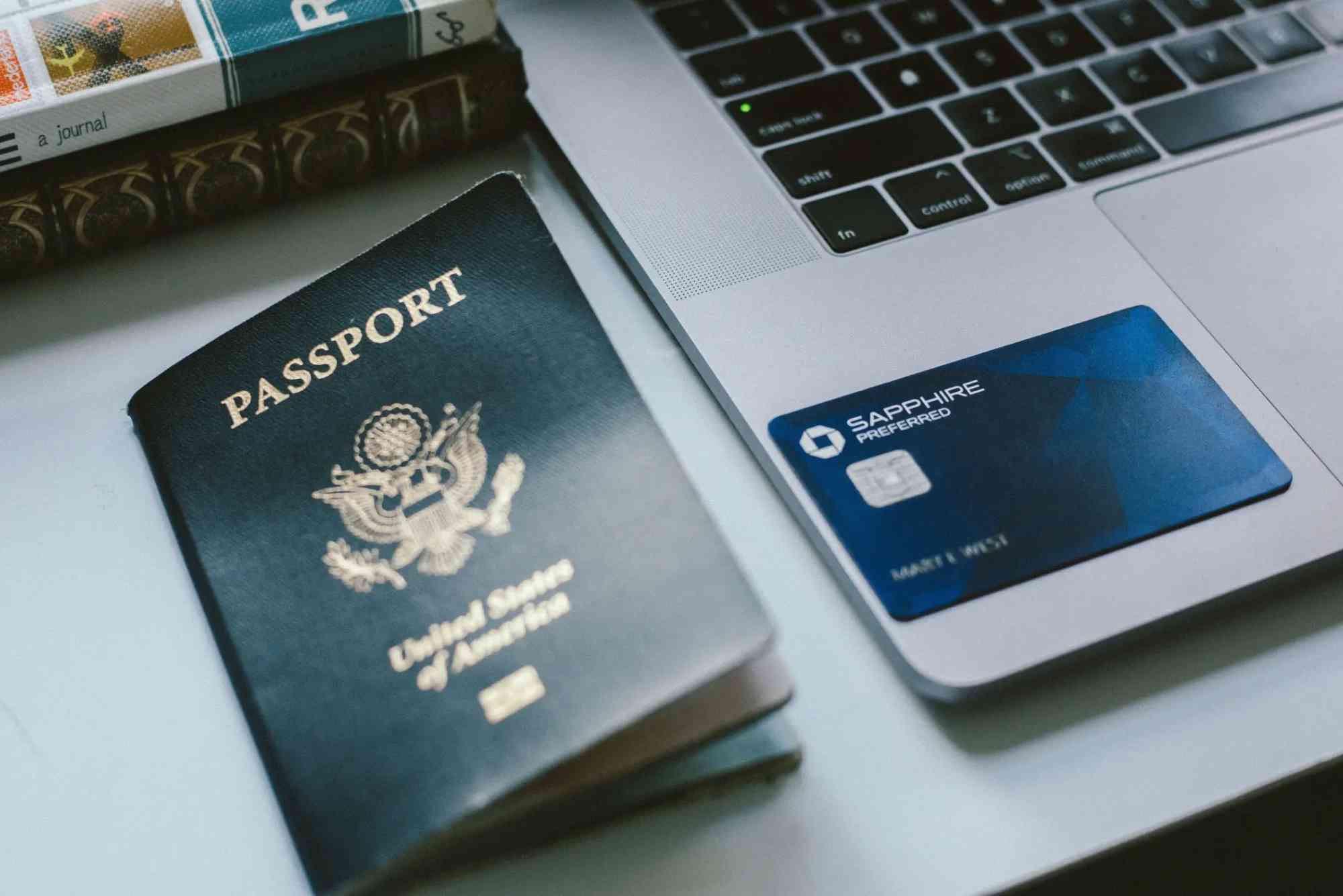Introduction
France is synonymous with cheese. From the creamy Camembert of Normandy to the tangy Roquefort of the south, French cheese is a culinary treasure. For travelers, the experience of tasting these cheeses in their region of origin is unforgettable. But what if you want to bring a piece of France home? Knowing where to buy French cheese to take home can transform your culinary journey into a lasting memory. With the right guidance, you can enjoy authentic flavors even after your trip.
Understanding French Cheese Traditions
French cheese is not just a food item; it is a reflection of local culture, history, and geography. There are over 1,000 varieties, each protected by AOC or PDO certifications that ensure authenticity and quality. Knowing this helps when selecting cheeses that travel well. Hard cheeses like Comté, Beaufort, or aged Tomme are ideal for long journeys because they are less perishable. Soft cheeses, such as Brie or Camembert, are more delicate but can be purchased if you plan to consume them soon after your return.
Regional Specialties
Each region in France has its specialty. Normandy is known for Camembert and Pont-l’Évêque. Burgundy and Franche-Comté offer excellent Comté and Morbier. The Loire Valley is famous for goat cheeses like Crottin de Chavignol. Southern France produces pungent blue cheeses, including Roquefort and Bleu d’Auvergne. Understanding these regional specialties allows travelers to select the best options based on taste preferences and travel logistics.
Best Places to Buy French Cheese to Take Home
Finding the right place to buy cheese depends on authenticity, packaging, and travel convenience. There are several types of vendors that offer excellent selections.
Fromageries: The Cheese Specialists
Traditional cheese shops, or fromageries, are the best places to find high-quality French cheese. These stores are run by experts who can guide you through varieties, flavors, and textures. Many fromageries offer vacuum-sealed packaging, perfect for taking cheese home safely. Staff often provide advice on the best cheeses for travel and tips on storing them until consumption. Visiting a fromagerie ensures that you purchase cheese at its freshest and with guaranteed quality.
Local Markets: Fresh and Authentic
French markets are vibrant, bustling, and full of local flavors. Here, you can often find cheese stalls run by local producers. Markets in Paris, Lyon, and Marseille offer a wide range of cheeses. Shopping at a market allows you to discover unique, artisanal varieties that may not be available in shops. Markets also offer the advantage of direct interaction with producers, who can provide storage tips and advice on which cheeses travel well.
Supermarkets: Convenience and Variety
Large French supermarkets stock a wide range of cheeses. Chains like Monoprix, Carrefour, and Auchan carry many regional cheeses and offer pre-packaged options suitable for travel. While supermarkets may not provide the personalized guidance of a fromagerie, they are convenient for travelers who need to pick up cheese along with other groceries. Supermarkets often have sections for vacuum-sealed cheeses, which are ideal for taking home without compromising quality.
Specialty Stores: Gourmet and Gift Options
Some gourmet shops focus on cheese as part of a broader selection of French delicacies. These stores often provide beautifully packaged cheeses suitable for gifts or travel. They may also offer cheese boards, tasting packs, or combinations with wines and charcuterie. Specialty stores are perfect for travelers looking for a memorable souvenir that combines both taste and presentation.
Tips for Buying Cheese to Take Home
Transporting cheese requires some planning. While France allows travelers to take cheese home, proper packaging ensures it remains fresh and delicious.
Choose Hard Cheeses
Hard cheeses like Comté, Beaufort, or aged Gruyère are less perishable. They withstand temperature changes during travel and can last longer without refrigeration. These cheeses are ideal for flights or long car journeys.
Vacuum-Sealed Packaging
Many stores and fromageries offer vacuum-sealed cheese. This packaging protects against moisture, odor, and spoilage. It is especially important when bringing soft cheeses or blue cheeses back home.
Check Airline Rules
Before purchasing, check your airline regulations regarding carrying cheese. Soft cheeses might need to go in checked baggage if traveling internationally, while vacuum-sealed options can often go in carry-on bags. It’s also important to note customs restrictions in your home country regarding dairy products.
Buy Locally
Purchasing cheese near the end of your trip ensures maximum freshness. Avoid buying cheese at the start of a long journey, as travel and storage conditions may compromise quality.
Ask for Recommendations
Don’t hesitate to ask shopkeepers or market vendors for advice. They know which cheeses are travel-friendly and can provide tips on storage, serving, and pairing. Their expertise can make a significant difference in the quality of the cheese when it reaches home.
Exploring Different French Cheeses for Travel
France offers a range of cheeses, each with its own characteristics and suitability for travel. Understanding these distinctions can help in making the best choices.
Soft Cheeses
Soft cheeses, like Brie and Camembert, have a delicate texture and strong aroma. They are best consumed soon after purchase. If vacuum-sealed and kept cool, they can last a few days during travel.
Semi-Hard Cheeses
Cheeses like Tomme de Savoie and Reblochon are semi-hard. They balance texture and flavor while being moderately travel-friendly. Proper packaging and refrigeration make them a safe choice for home delivery.
Hard Cheeses
Hard cheeses like Comté, Beaufort, and Gruyère are perfect for travel. Their low moisture content and firm texture allow them to remain fresh for extended periods. These cheeses are ideal for long trips or for travelers planning to bring back multiple varieties.
Blue Cheeses
Blue cheeses, including Roquefort and Bleu d’Auvergne, have strong flavors and aromas. They are softer and more perishable, but vacuum-sealed packs allow safe travel. Their bold taste makes them a prized choice for gourmet enthusiasts.
Storing Cheese After Travel
Once home, proper storage ensures the cheese maintains its flavor and texture. Hard and semi-hard cheeses should be wrapped in wax paper or cheese paper, then stored in the refrigerator’s cheese compartment. Soft cheeses should remain in their vacuum-sealed packs until ready to eat. For blue cheeses, refrigeration is essential, and they should be consumed within a few days if opened. Freezing is not recommended for most cheeses, as it can affect texture and flavor.
Enjoying Your French Cheese at Home
Bringing French cheese home is more than just a souvenir; it’s an opportunity to recreate the French culinary experience. Pair cheeses with fresh bread, crackers, fruits, and wines to enjoy a true French-style cheese board. Hosting a tasting evening can also share the experience with friends and family. The quality of authentic French cheese elevates simple meals and provides a taste of French culture that lasts beyond your trip.
Knowing where to buy French cheese to take home can turn a trip into a long-lasting culinary memory. From traditional fromageries to bustling markets and specialty stores, France offers countless opportunities to explore cheese in all its forms. By choosing the right varieties, packaging them properly, and understanding travel regulations, you can bring home a piece of French tradition that delights your palate for weeks. Plan ahead, ask for recommendations, and embrace the adventure of discovering new flavors. Your perfect French cheese experience awaits. Don’t miss the chance to savor France wherever you are.
Explore France, taste the cheese, and bring home authentic flavors. Start your journey at a local fromagerie or market, and make every bite a reminder of your adventure.
FAQs
Which French cheeses are best for travel?
Hard cheeses like Comté, Beaufort, and Gruyère are ideal. Vacuum-sealed soft cheeses can also travel short distances.
Can I take French cheese on a plane?
Yes, but check airline rules. Hard cheeses usually go in carry-on bags, while soft or blue cheeses may require checked baggage.
Where can I find authentic French cheese?
Fromageries and local markets offer the most authentic options. Supermarkets and specialty stores are also convenient for travel-friendly packs.
How should I store French cheese after travel?
Wrap hard cheeses in cheese paper or wax paper and refrigerate. Keep soft cheeses vacuum-sealed until ready to eat.
Is it better to buy cheese at a market or a shop?
Both are excellent, but markets often offer artisanal varieties and direct contact with producers. Fromageries ensure quality and expert advice.



